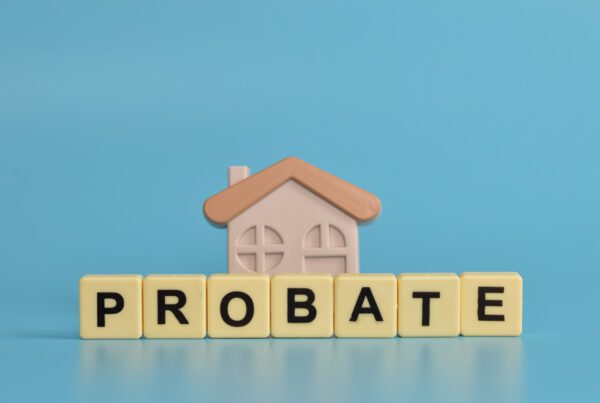Why Is a Will Essential?
Getting a will completed is one of the utmost essential tasks one should do for themselves and their family. Many people who have undergone the process of obtaining a will regard it as “the best gift” they could have ever given their family. Not only does a will protect one’s spouse, children, and assets, it also allows the testator (a person who writes and executes a will) the ability to make their own decisions about how things ought to be handled once they pass away.
Top 10 Reasons a Will Is Essential
Recently, a team of legal writers and editors came together to provide a list of 10 reasons why someone should have a will. Although the life and situation of each individual may vary, the reasons for getting a will find a way to somehow encompass everyone. The diversified list comes together and applies to the lives of each individual in his/her own way.
- “You decide how your estate will be distributed.” Being a legally-binding document, a will allows you to decide how your estate will be handled after you pass away.
- “You decide who will take care of you minor children.” To individuals where this benefit applies, a will allows you to decide who takes care of your minor children, rather than having a court take it upon itself to make that decision.
- “To avoid a lengthy probate process.” With or without a will, all estates must go through a probate process. The benefit, however, is that a will facilitates the probate process and provides the court with your wishes on how your estate should be divided.
- “Minimize estate taxes.” By providing your family or charitable organizations with what you wish to give them, the value of your estate is reduced, further minimizing the taxes on your estate.
- “You decide who will wind up the affairs of your estate.” An executor (someone appointed by a testator to carry out his/her will) is put in place during the creation of the will. That executor makes sure everything is in order, including paying off bills, canceling credit cards, etc.
- “You can disinherit individuals who would otherwise stand to inherit.” The ability for a will to outline how you would like your estate distributed, prevents your estate or items in your estate from getting into the hands of people who you do not wish to be a receiver.
- “Make gifts and donations.” A will allows your personal values and interests to continue being fulfilled even after you are gone. In certain instances, gifts and donations can be excluded from estate taxes.
- “Avoid greater legal challenges.” The ability for one to have a will when they pass away, prevents all or part of an estate from going to someone that was not intended. This can create many problems for the family of the deceased, in which legal fees and disputes are incurred.
- “Because you can change your mind if your life circumstances change.” A will can be changed at any time while the testator is still alive. This allows one to take into account life changes, such as births, deaths and divorces that may take place between the execution of a will and the time when the testator passes away.
- “Because tomorrow is not promised.” Death is a part of life. Nobody knows when their last day is and unexpected deaths or disability can be inflicted on anyone at any time. The ability for one to have a will, prevents the added stress from such tragic events on families at a time that is already very emotional.
The importance of a will cannot be overemphasized. Being one of many estate documents, the will contains an abundance of benefits for both the testator and their family. Without a will, the state in which you live has the ability to decide who receives your personal property, money, and the guardianship of your minor child (if applicable). These decisions should be yours and with the formation of a will, they will be. Remember that even after a will has been created, the testator may make as many changes as they want, at any time, through the process of amending the will.
If you or someone you know is in need of forming a Will, amending a Will, or wanting to know how the formation of a Will and the estate planning process works, contact us at the Oxner Legha Law Firm by calling 346-327-9500.






